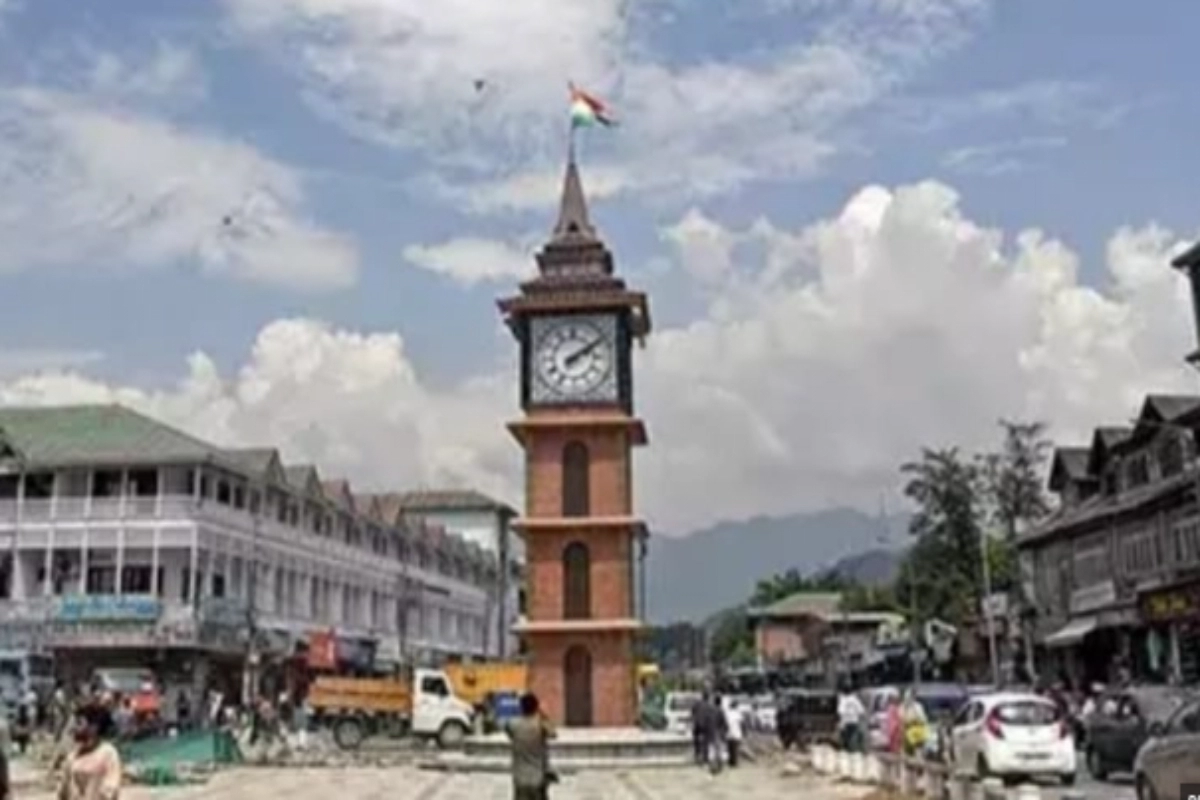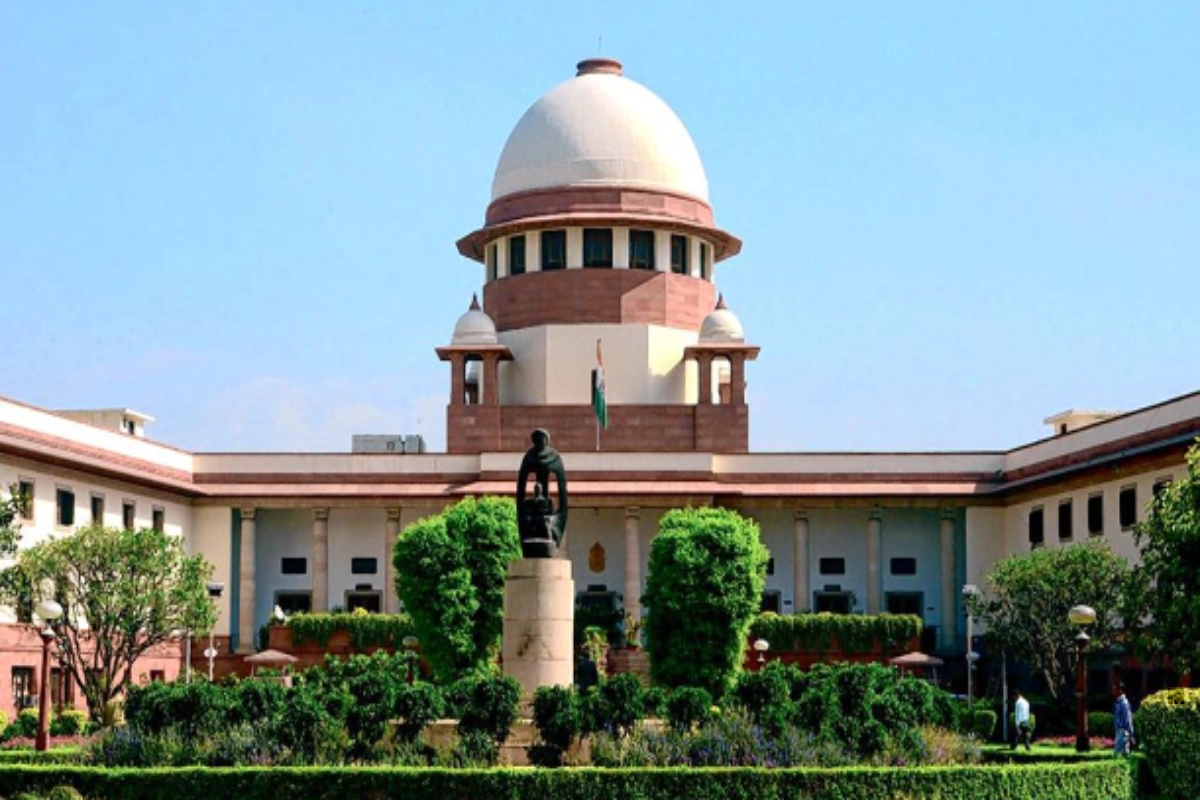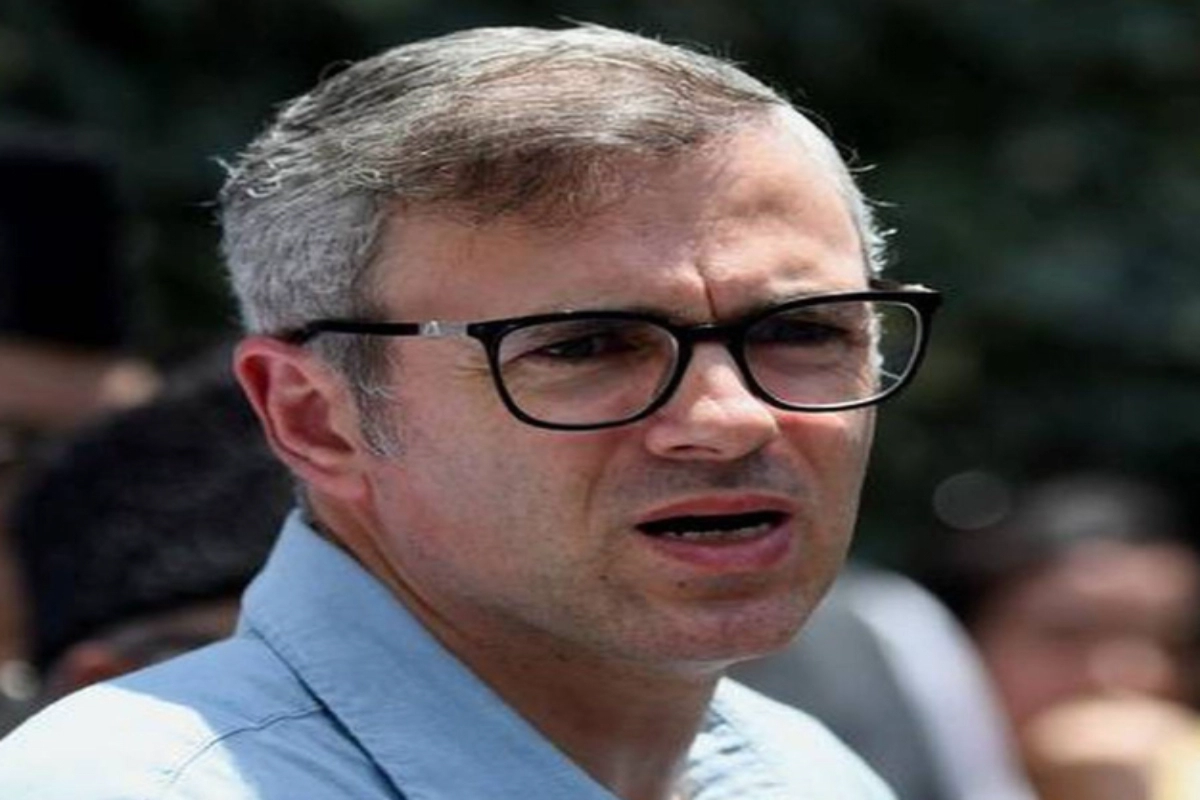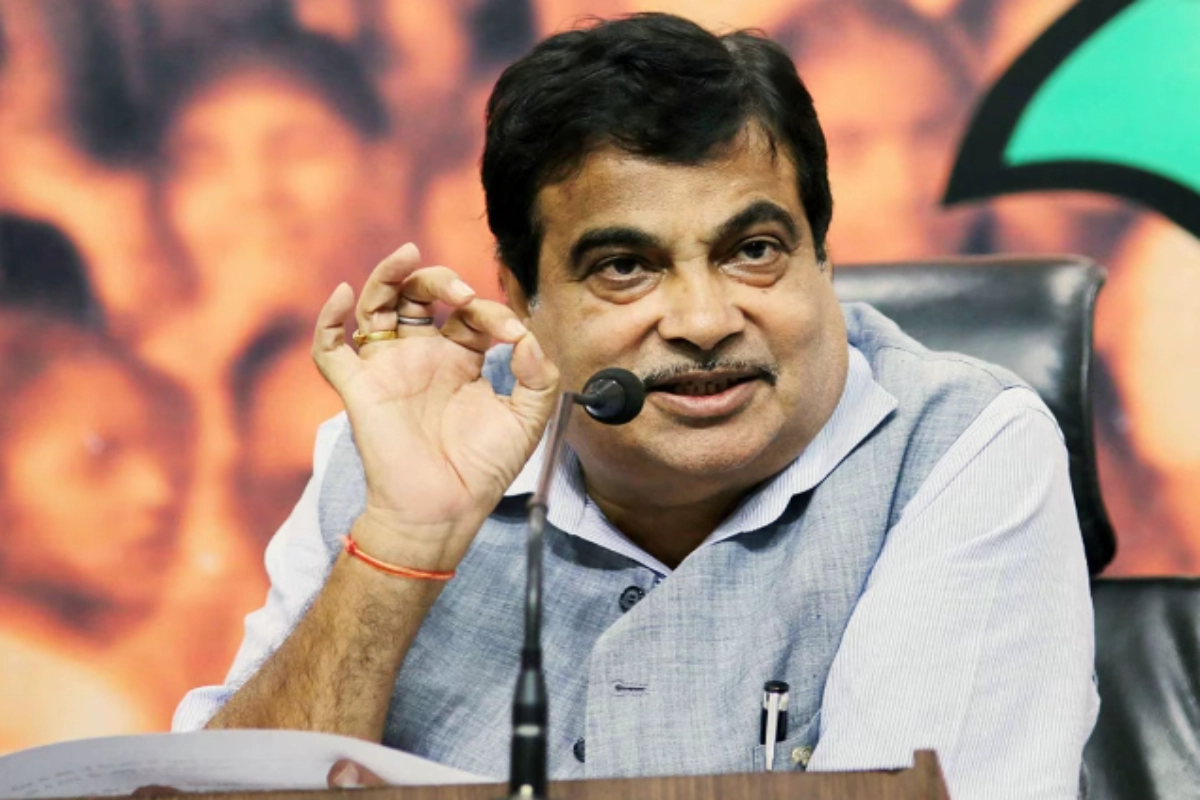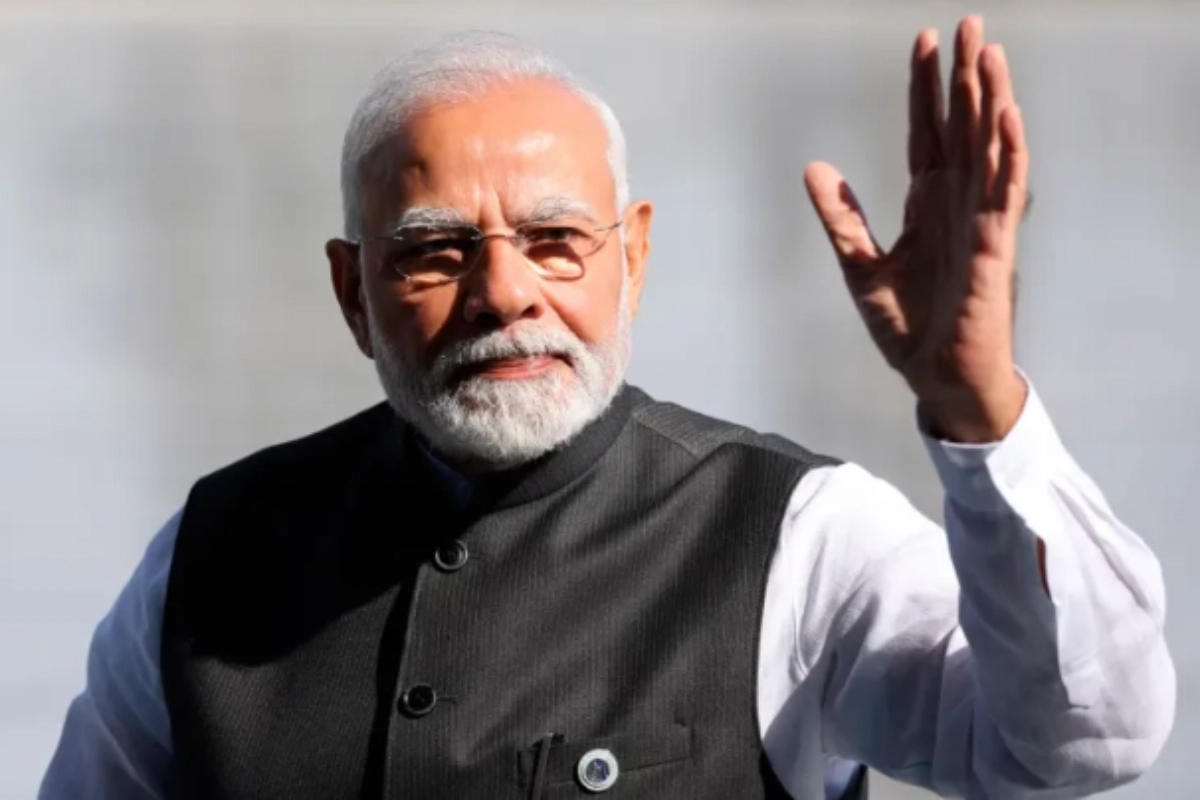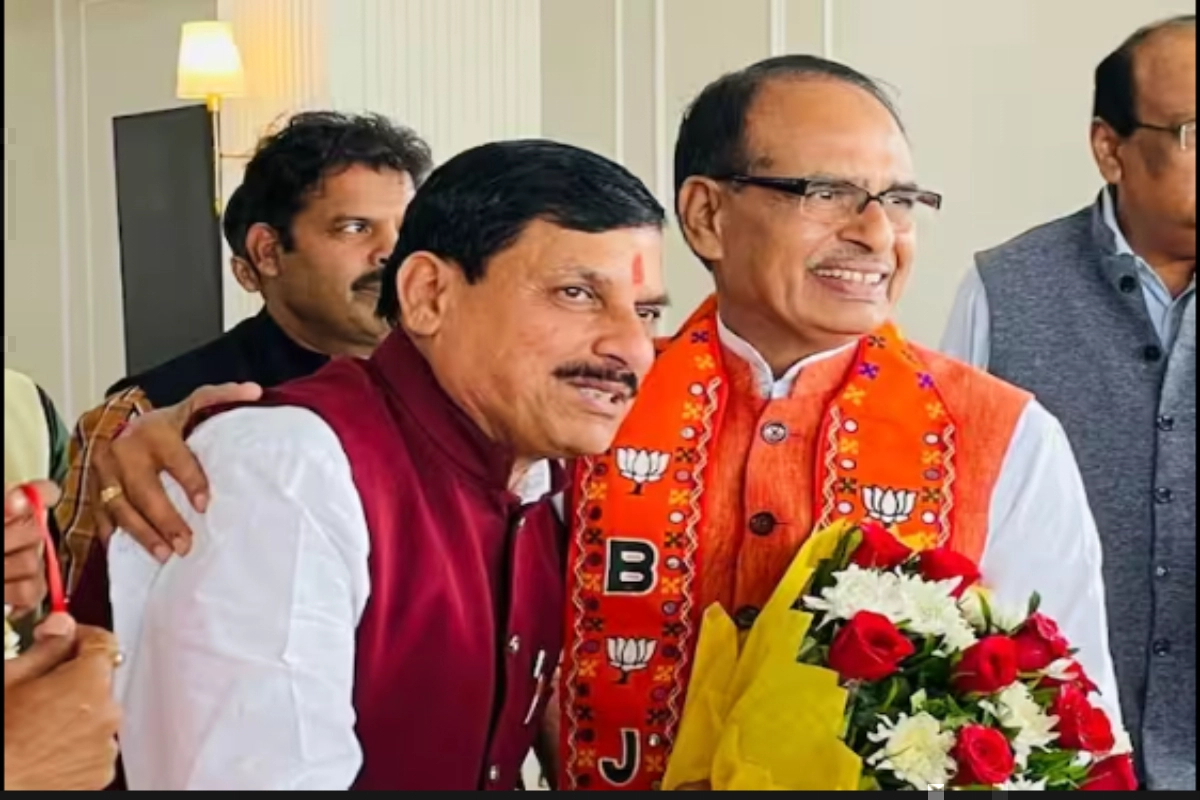Article 370 Verdict: Pakistan declared on Monday that the Supreme Court of India’s decision to uphold the abrogation of Article 370 has “no legal value” and that New Delhi’s “unilateral and illegal actions” of August 5, 2019, are not recognised by international law.
Supreme Court’s Unanimous Endorsement
The Centre government’s August 2019 decision to revoke Article 370, which gave the former state of Jammu and Kashmir special status, was unanimously upheld by the Supreme Court on Monday. “International law doesn’t recognise India’s unilateral and illegal actions of 5 August 2019. The judicial endorsement by the Indian Supreme Court has no legal value. Kashmiris have an inalienable right to self-determination in accordance with the relevant UN SC resolutions,” caretaker Foreign Minister Jalil Abbas Jilani said.
Jilani’s Opposition to Unilateral Decisions
Jilani stated that India has “no right to make unilateral decisions on the status of this disputed territory” in defiance of the wishes of Pakistan and the Kashmiri people during a press conference in Islamabad. “Pakistan categorically rejects the judgement announced by the Supreme Court of India on the status of” Jammu and Kashmir, he said. He called it “a travesty of justice” that the courts were endorsing India’s “unilateral and illegal actions”.
UN Resolutions Emphasis
He claimed that Jammu and Kashmir is a widely acknowledged conflict that has been on the UN Security Council’s agenda for more than 70 years. “The final disposition of Jammu and Kashmir is to be made in accordance with the relevant UN Security Council Resolutions and as per aspirations of the Kashmiri people,” he said. “Pakistan does not acknowledge the supremacy of the Indian Constitution over Jammu and Kashmir. Any process, subservient to the Indian Constitution, carries no legal significance. India cannot abdicate its international obligations on the pretext of domestic legislations and judicial verdicts,” he said.
India-Pakistan Relations
Due to Pakistan’s involvement in cross-border terrorism and the Kashmir dispute, relations between India and Pakistan have frequently been tense. But after India revoked Article 370, Pakistan downgraded trade relations with India, expulsed its envoy, and their relations soured badly.
India’s Stance on Kashmir
India has repeatedly stated that Kashmir is an internal issue and that it wants to have cordial, friendly relations with Pakistan in a setting free from hatred, violence, and terror. Since August 5, 2019, Gilani claimed, India has been taking “unilateral and illegal measures” with the intention of altering Kashmir’s political and demographic landscape. “They remain a matter of grave concern for Pakistan as their ultimate goal is to convert the Kashmiris into a disempowered community in their own land. These measures must be rescinded to create an environment for peace and dialogue,” he said.
Pakistan’s Commitment to Kashmiris’ Rights
The minister declared that Pakistan will keep helping the people of Kashmir realise their unalienable right to self-determination by providing them with all of its political, diplomatic, and moral support. “We will soon call a meeting of all stakeholders and determine our future course of action,” he said. In response to a query, he stated that Pakistan wished to see the LoC remain peaceful following this choice. Regarding the possibility of a rise in militancy in Kashmir, he stated that the people there have never embraced Indian rule. “Ultimately their reaction would be like that of the people of Gaza,” he said.
No Talks with India
Regarding the matter of not having talks with India, he said that nothing had changed. “No dialogue is going on with India and no such thing is hidden from my eyes,” he said. According to him, Pakistan maintains a firm position in support of any international court, but India consistently seeks solace in legal formalities and rejects the idea of international court jurisdiction. Shehbaz Sharif, the president of the Pakistan Muslim League-Nawaz and a former prime minister, had earlier criticised the ruling of the supreme court, labelling it a “biassed decision.”
Shehbaz Sharif’s Accusations Against Indian Supreme Court
“The Indian Supreme Court has violated the international laws by giving a decision against the resolutions of the United Nations. The Indian Supreme Court has betrayed the sacrifice of millions of Kashmiris,” said Sharif, who served as the prime minister from April 2022 to August 2023. He claimed that Kashmir’s “freedom movement” will grow stronger as a result of this “biassed decision” and that the “Kashmiri struggle” would not end.
PML-N’s Commitment to Advocate for Kashmiri Rights
He continued, saying that the PML-N, led by Nawaz Sharif, would speak up for Kashmiris’ rights everywhere. Bilawal Bhutto Zardari, the chairman of the Pakistan Peoples Party and a former foreign minister, stated that India has repeatedly demonstrated its disregard for international laws and UN resolutions. “Indian parliament and courts cannot rewrite international agreements,” he said.
Keep watching our YouTube Channel ‘DNP INDIA’. Also, please subscribe and follow us on FACEBOOK, INSTAGRAM, and TWITTER.


